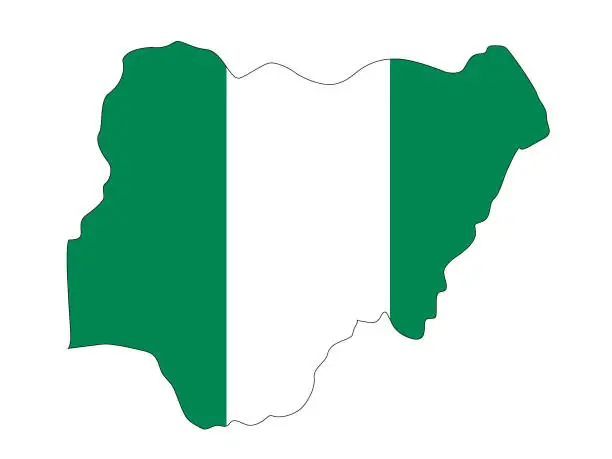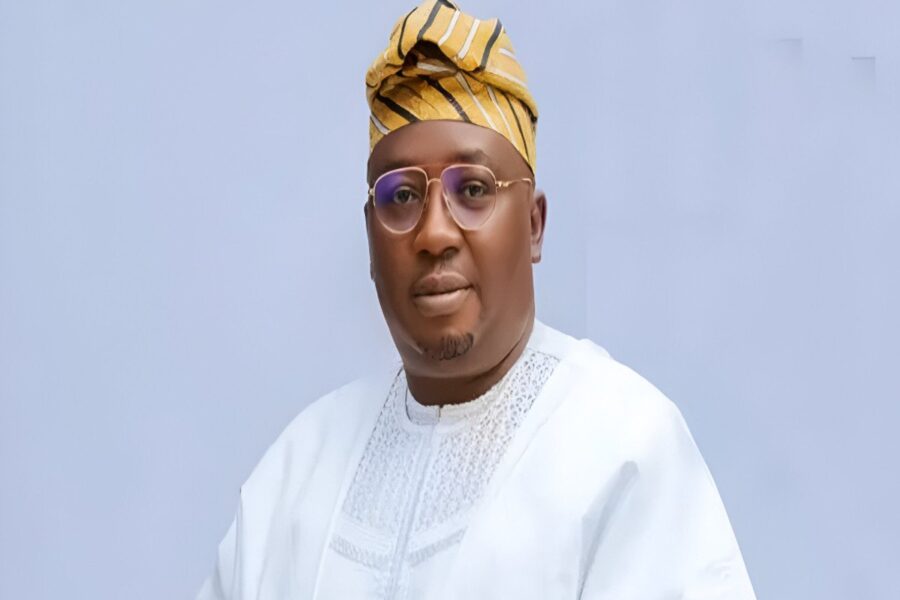Samson Itodo, Executive Director of Yiaga Africa, attributes the frequent party-switching to Nigeria’s immature political party system, suggesting that many political formations exist solely to contest elections and acquire power.
Civil society organizations warn that the APC’s growing influence could compromise democratic checks and balances. A recent Yiaga Africa report expressed concern about the “steady disappearance of effective opposition” and its implications for accountability.
Nevertheless, some experts argue these fears may be exaggerated. Public affairs analyst Oyeniyi Oguntola points out that the APC’s current dominance hasn’t reached the levels once held by the PDP. Political analyst Olawale Afolabi emphasizes that voter power ultimately determines political outcomes, suggesting that popular will can still shift the balance of power.
While the APC’s expanding influence raises legitimate concerns about democratic health, Nigeria maintains competitive elections, multiple registered parties, and press freedom. The country’s political history suggests that dominance can be temporary, and voter sentiment remains a powerful force for change in Nigeria’s evolving democracy.
The true test will likely come with future elections, as opposition parties face the challenge of rebuilding their structures and presenting compelling alternatives to the electorate.







Leave a Comment